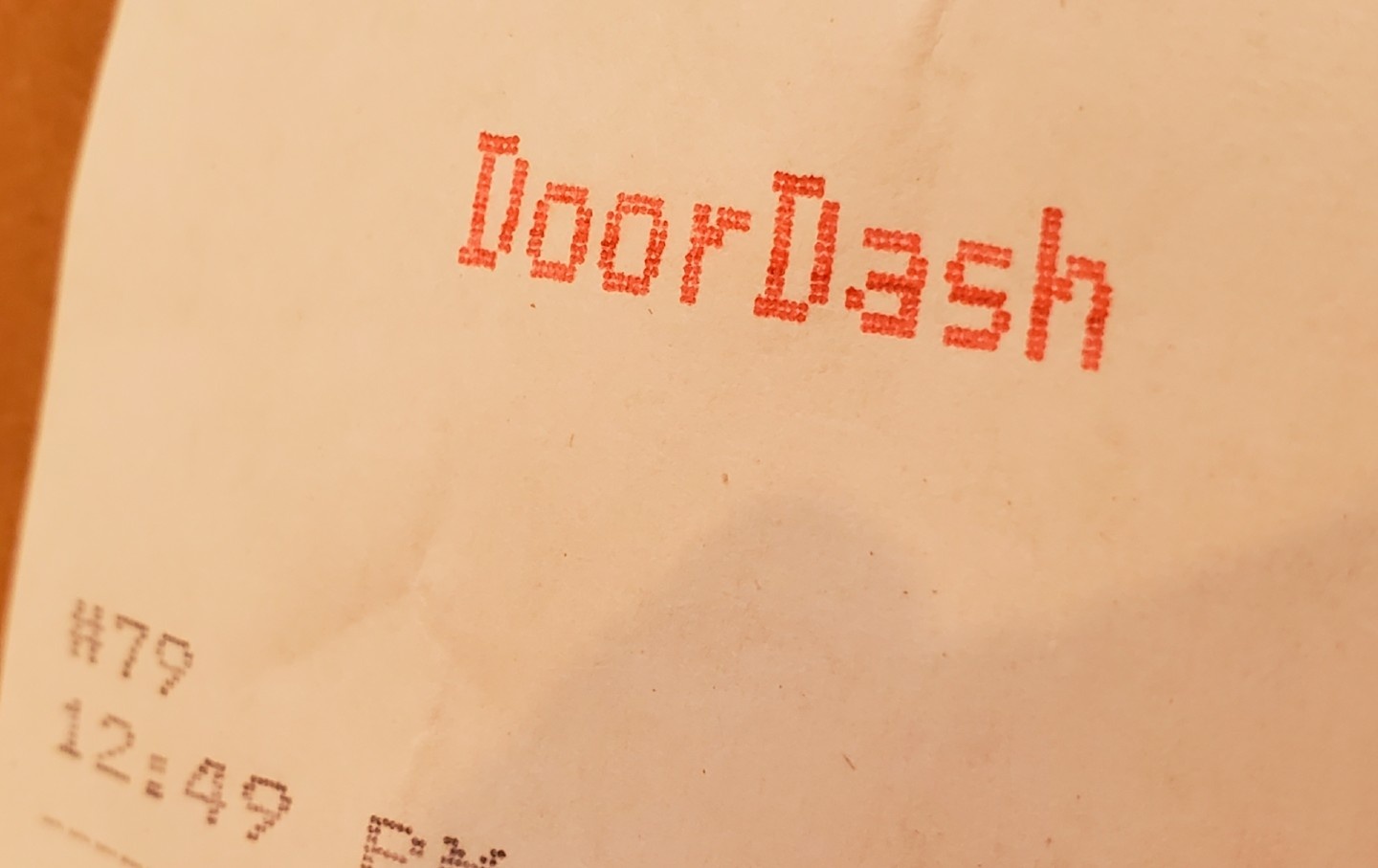
"The desperate state of the average American's finances was made clear last month when DoorDash announced a partnership with Klarna, a buy now, pay later company."
"According to the Federal Reserve, consumer debt has reached an all-time high, with the average family owing over $100,000."
"Total household debt in America now exceeds $18 trillion. And when that debt is measured as a percentage of national GDP, Americans find themselves in worse fiscal straits than their counterparts in Russia, Pakistan, and the Republic of the Congo."
"This widely mocked "solution" is more than just the latest step on our march toward techno-dystopia. That someone can now fall into arrears on their Crunchwrap Supreme reflects a broader debt crisis."
In the US Capitol, the clash between Republicans demanding tax cuts and the nation's growing trillion-dollar budget deficit becomes increasingly pronounced against a backdrop of rising personal debt. Americans are becoming more reliant on buy now, pay later services, such as DoorDash's recent partnership with Klarna, highlighting the debt crisis plaguing many. With household debt exceeding $18 trillion and average family obligations surpassing $100,000, the situation suggests a precarious financial landscape worse than that of some developing nations. Such reality reveals that consumer spending may not reflect prosperity, but rather escalating individual liabilities leading to a potential financial collapse.
Read at The Nation
Unable to calculate read time
Collection
[
|
...
]